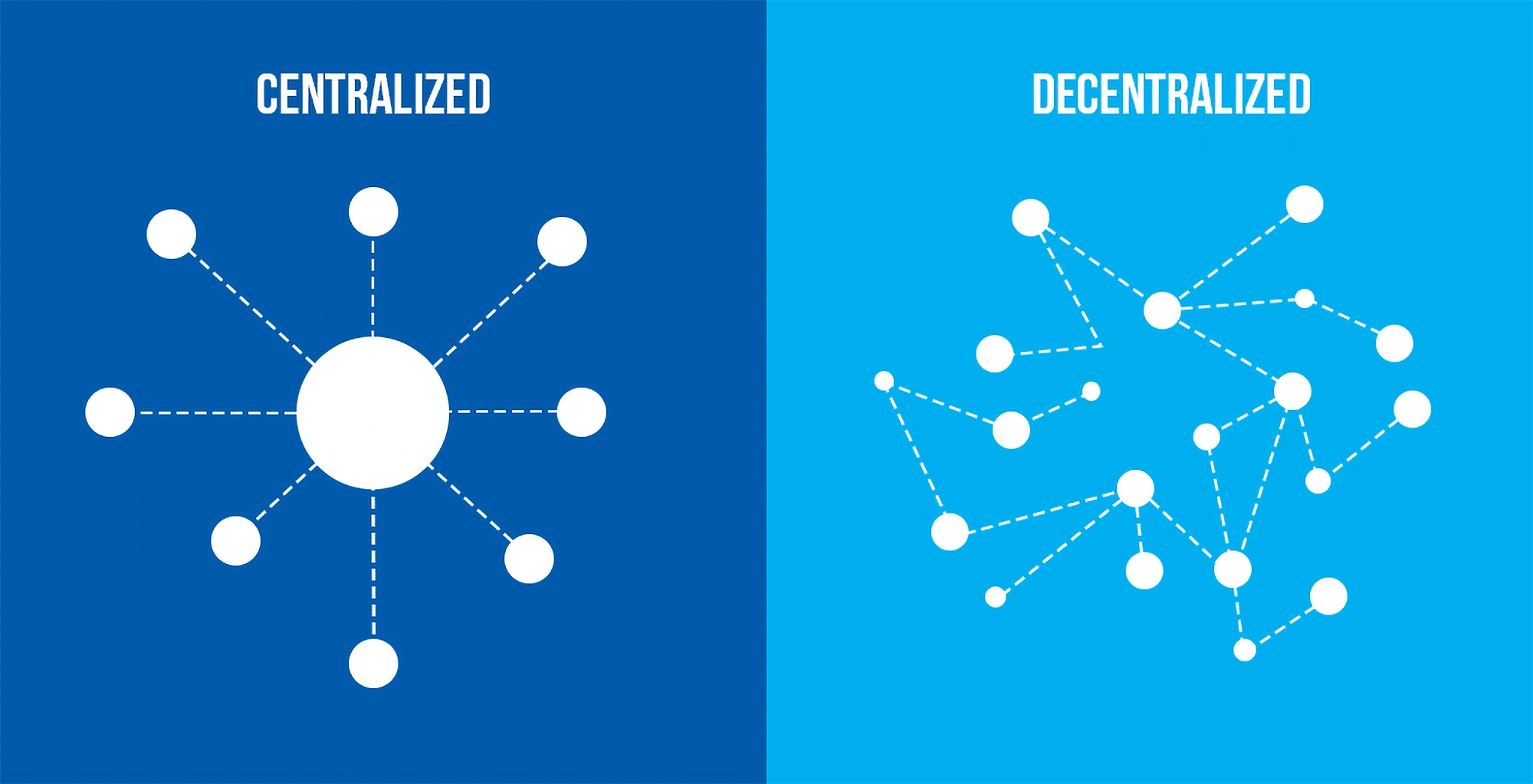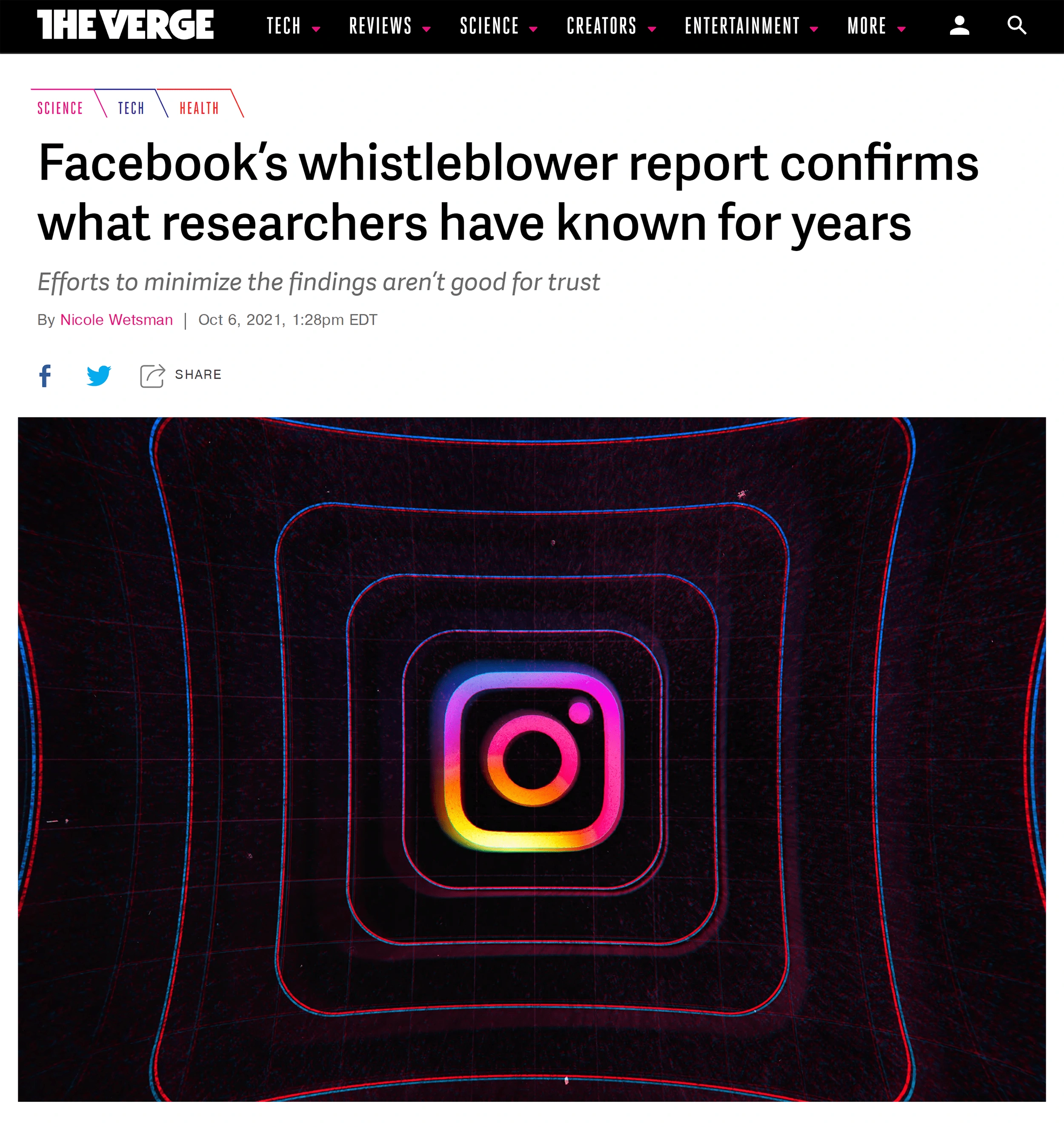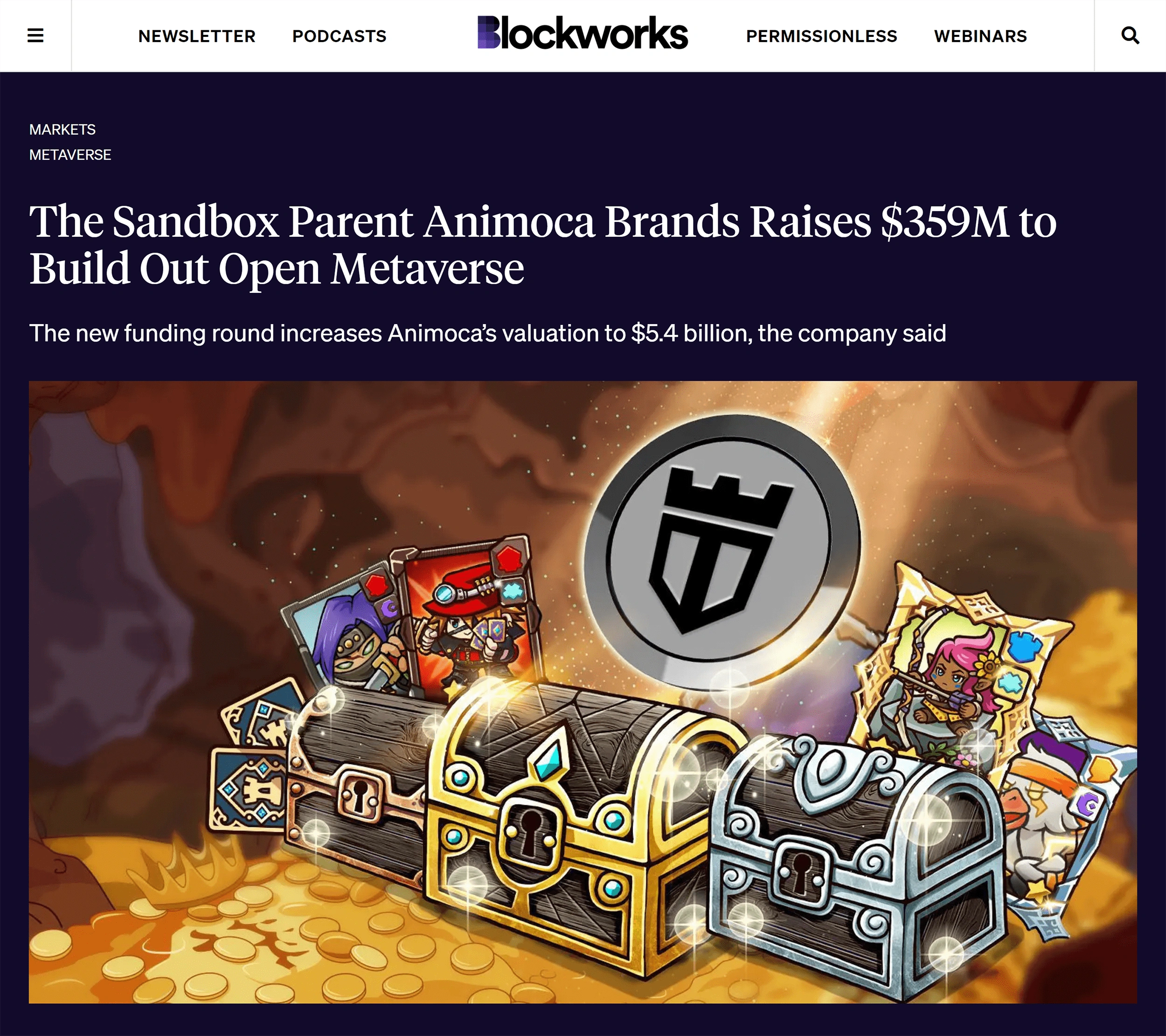In this chapter, we’ll discuss the legal, moral, and philosophical issues surrounding the people and companies fighting to build and own the metaverse.
Acknowledging the Potential for Abuse
With the potential for billions of humans to immerse themselves in a virtual world, some thought leaders are beginning to ask questions regarding the moral, ethical, and even philosophical implications of having a “metaverse.”
And the one question that’s on everybody’s mind: Who is going to “own” the metaverse?
As an example, let’s take the world’s most popular video game: Fortnite.
While millions of users play the game, at the end of the day, Epic Games (the corporation behind Fortnite) runs the show.
Their developers control what happens in the game, their servers host the software that makes the game run, etc. Because of that, they make the “rules” regarding what can and cannot happen inside Fortnite.
Further, Epic Games is also responsible for policing the game (which allows users to interact with one another) to prevent everything from hate speech to child predators.
Along the same lines, there are serious questions regarding who will make the rules of - and police - the metaverse itself.
On the one hand, it’s safe to assume the companies spending billions of dollars of their own money to build the metaverse will want to retain control of their intellectual property and creation.
On the other hand, consumers’ growing mistrust of institutions (not to mention numerous tech company privacy scandals) has many people suspicious of giving tech companies so much power.
Because of that, privacy advocates are waging a fierce campaign to ensure control of the metaverse remains in the hands of the public.
The Centralized vs Decentralized Debate
Similar to a video or computer game, the metaverse is at its core a software program.
Because of that, the real debate is whether control over the metaverse will be centralized and closed, and decentralized and open source.
To illustrate the difference, you can think of the software that powers search engine Google as a centralized, closed-source platform.
Centralized because Google is a private company controlled by a small number of individuals, and closed-source because the algorithms that power their services are not available to the public (and are in fact Google’s most highly guarded secret).
On the flip side, the WordPress blogging platform (which powers hundreds of millions of today’s websites) is both open source and decentralized.
Open source because the code is publicly available, and decentralized because there’s no individual or CEO who “owns” the rights to the WordPress software.
As you can imagine from these examples, the implications of whether the metaverse should be centralized or decentralized carry massive moral and ethical implications.
Giving Tech Companies Too Much Power
There are a few core arguments for a decentralized metaverse.
The largest of which revolves around how Meta has dealt with scandals, privacy issues, and controversy over the past five years.
According to [reports](https://www.vox.com/recode/22799665/facebook-metaverse-meta-zuckerberg-oculus-vr-ar#:~:text=Some%20critics%20say%20that%20by,of%20disinformation%2C%20and%20fueling%20political), some employees are concerned about Meta’s ability to police such a massive (and psychologically powerful) platform.
As an example, prior to one of Meta’s internal Q&A sessions, an employee asked the question: “How will we meaningfully put safety, integrity, and responsibility first in the Metaverse? We barely are able to cover the real world today.”
Consumers Remain Skeptical of The Metaverse
Further, some would disagree Meta has actually been able to “cover the real world” as it stands today.
In October of 2021, a whistleblower came out citing multiple documents that showed Facebook was aware their Instagram product both caused and exacerbated body image issues amongst teen girls, but did nothing to stop it.
This, on top of the Cambridge Analytica data scandal where Facebook was caught selling private information (on upwards of 87 million Americans) to advertisers to assist in the 2016 presidential election.
After watching these scandals play out on the news, a variety of academics and ethicists have begun to question whether Meta should control something that could have an even larger impact on society than social media itself.
As an example, when considering Meta’s dominance over the metaverse, ethicist Don Heider said: “As an ethicist, open-source, [and open] access is always best because it facilitates more people creating, and doing so largely for the common good and social justice.”
Not everyone will trust their motives. But Meta has made statements declaring they have no interest in “owning” the metaverse. Instead, they see its creation as a global collaboration between developers, civil rights groups, governments and nonprofits.
Practical Reasons The Metaverse Should be Decentralized
With that said, not all arguments for a decentralized metaverse are based on ideology.
Instead, some are based on a more practical understanding of how users will interact with the metaverse.
As any serious gamer knows, today’s top games do not interact with each other.
As an example, a gamer cannot take the clothes, weapons, or cars they accumulate in one game and transfer those digital assets to another game (where they would ideally be able to use said assets).
Interoperability is Critical to Mainstream Adoption
The reason for this is quite simple: Today’s games aren’t designed to interact with one another.
Instead, gamers rack up points, accessories, etc. inside their game of choice. Then, move on to the next one (where they repeat the process).
This behavior, however, represents a huge problem for metaverse developers. Why?
Because, unlike an isolated gaming world, the “metaverse” will be made up of hundreds (if not thousands) of mini-metaverses.
In fact, in addition to Meta, multiple companies - including Animoca Brands, Microsoft, and Gemini - are already investing hundreds of millions of dollars into building their own versions.
The Problem With A Closed Source Metaverse
Think of it as the United States. In the US, there are more than 19,000 incorporated cities.
Now, imagine living in a city - and having all your possessions - but not being able to take anything with you the next time you decide to travel outside the city’s limits.
You can’t take your car, your clothes, or even your money.
Instead, you have to start from scratch every time you set foot in a new city. Sounds like a nightmare right?
Well, the same principle applies to the metaverse.
With hundreds if not thousands of metaverses being built, the need to transfer digital assets between one metaverse and another is critical for mainstream adoption.
Blockchain As the Decentralized Solution
Because of that, Goldman Sachs believes the metaverse absolutely must be built on a decentralized blockchain. According to a report from late 2021, Goldman analysts said:
“Blockchain [is the] only technology that will allow true ownership, and seamless movement and transfer among multiple virtual worlds. If any virtual goods or services are unable to move from one space to another with the user, we believe their value is likely to be more limited.”








